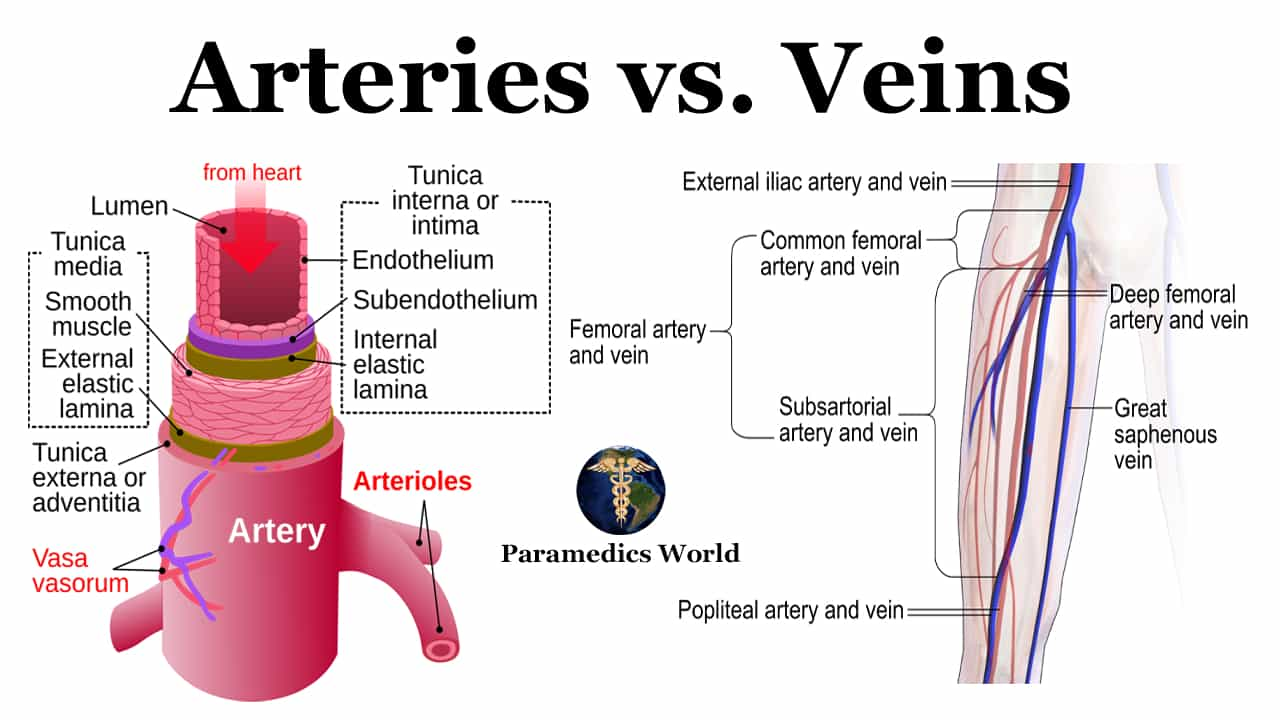
Top 25 Difference between Arteries and Veins
The term artery derived from the Greek word, ἀρτηρία (artēria), meaning windpipe. An artery is a blood vessel that carries the blood from the heart to all parts of the body (tissues, lungs, etc). Almost all the arteries carry oxygenated blood and supply oxygen to various body tissues but the ...
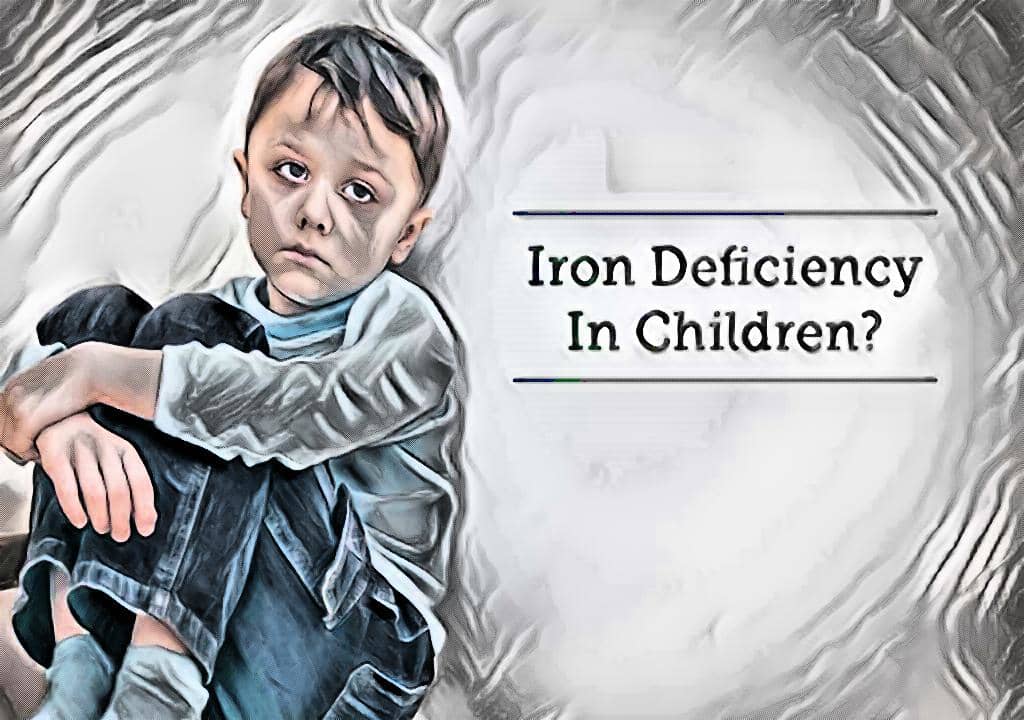
IRON DEFICIENCY ANEMIA IN CHILDREN – CAUSES, CLINICAL MANIFESTATION & MANAGEMENT
The Iron deficiency anemia abbreviated as IDA is the most common cause of anemia among children in developing countries. It is more common in rural areas from poor socio-economic status compared to urban areas. An infant or child who is anemic does not have enough red blood cells (RBCs) or ...

CLINICAL FEATURES, CAUSES & PREVENTION OF ANEMIA IN CHILDREN
⇒ Anemia is defined as the reduction in the Red Blood Cells or Hemoglobin content of RBCs below that of normal limit for child’s age. For e.g. – For a healthy child of the age 4 years, the normal level of hemoglobin is considered as 11.5 – 13.5 g/dl. The ...
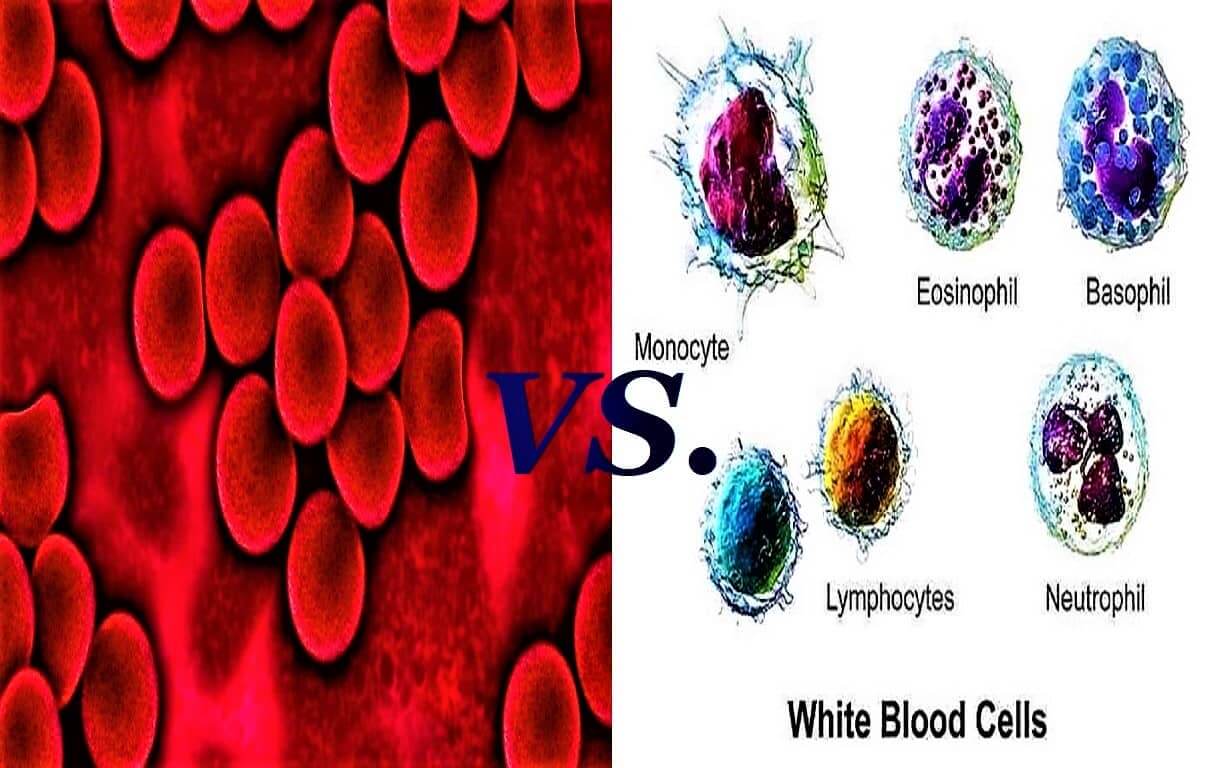
DIFFERENCE BETWEEN RED BLOOD CELLS AND WHITE BLOOD CELLS (RBCs VS. WBCs)
Beside the Platelets, the two most important cellular components present in our Blood are the Red Blood Cells and the White Blood Cells. Often people get easily confused between both the cells with respect to their Structure, Color, and functions. Let’s discuss in brief about both the types of Blood ...
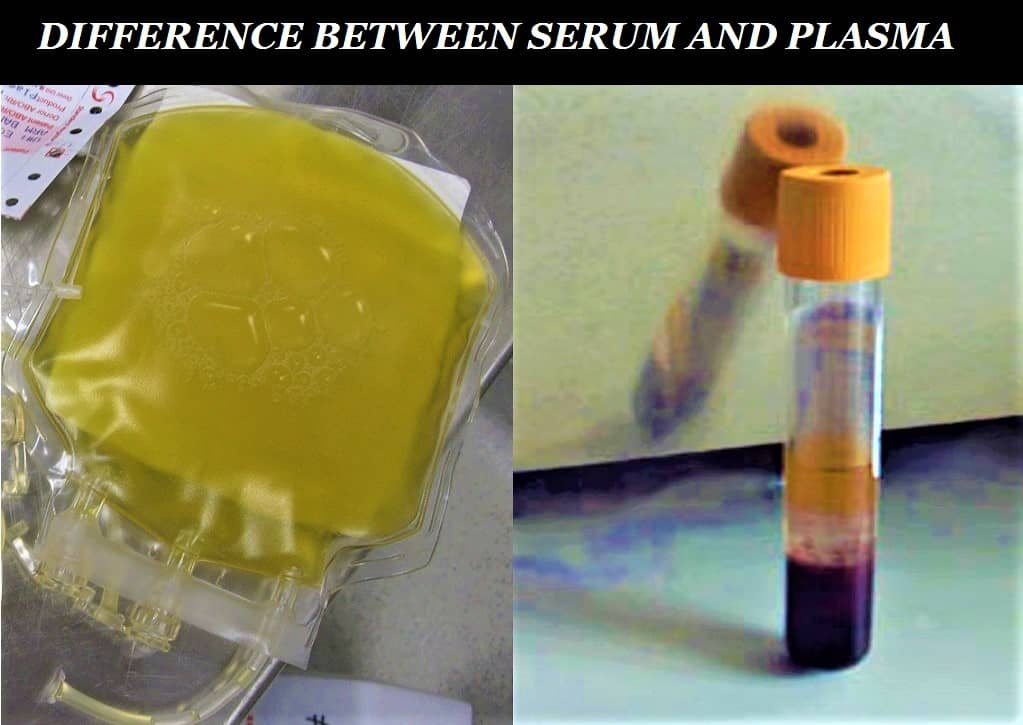
DIFFERENCE BETWEEN SERUM AND PLASMA
The most confusing terms ever made in the Hematology might be the Serum and Plasma which are so frequently used in every assay we perform in the laboratory or whether taking theory lectures, these terms are used everywhere and are not limited to hematology but also frequently used in Biochemistry ...

ANTICOAGULANTS USED FOR ROUTINE TESTS – PRINCIPLE, PREPARATION, USES, ADVANTAGES & DISADVANTAGES
Anticoagulants are the Chemical substances that prevent the blood from clotting when mixed with inappropriate concentration with the Blood Specimen. Some of these agents are used to treat thrombotic and thromboembolic diseases such as Stroke, Myocardial Infarction, and Deep Vein Thrombosis. Thrombus: A Thrombus is a fibrinous clot that forms in ...
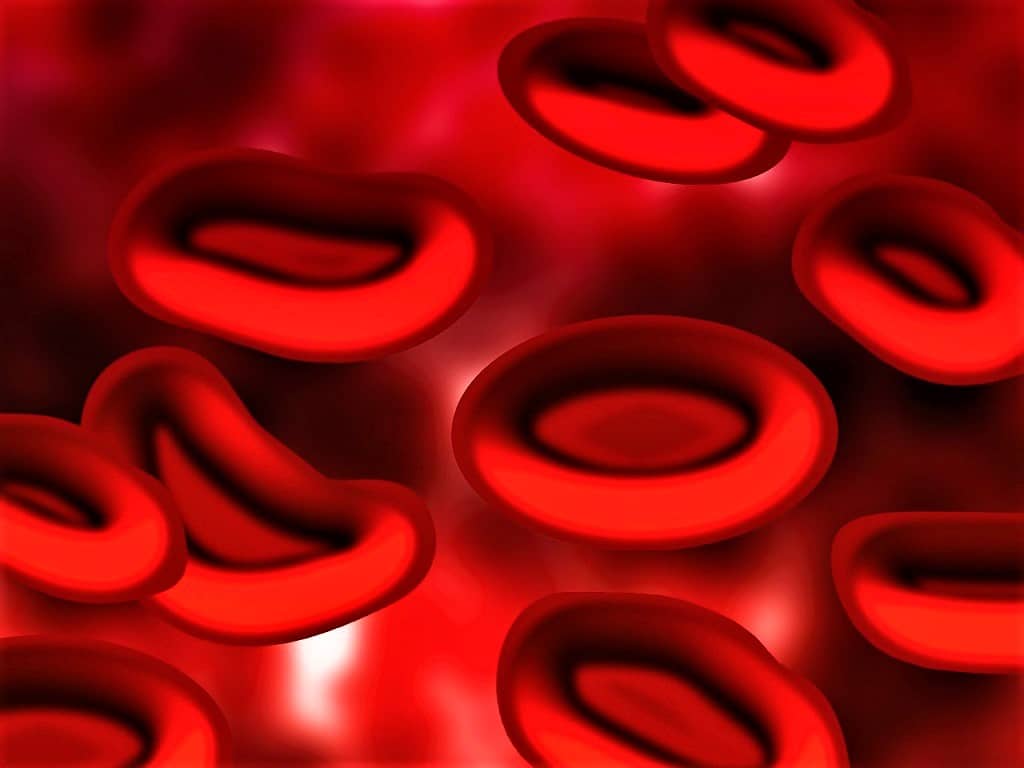
Red Cell Indices – Mean Cell Volume (MCV), Mean Cell Hemoglobin(MCH) & Mean Cell Hemoglobin Concentration (MCHC)
Red cell indices comprise the parameters that reveal the hemoglobin content and physical characteristics of the Red blood cells. The Red cell indices are a part of Complete Blood Count (CBC), which reveals the complete status of various components of the blood in the individual’s body. Let’s briefly learn about ...
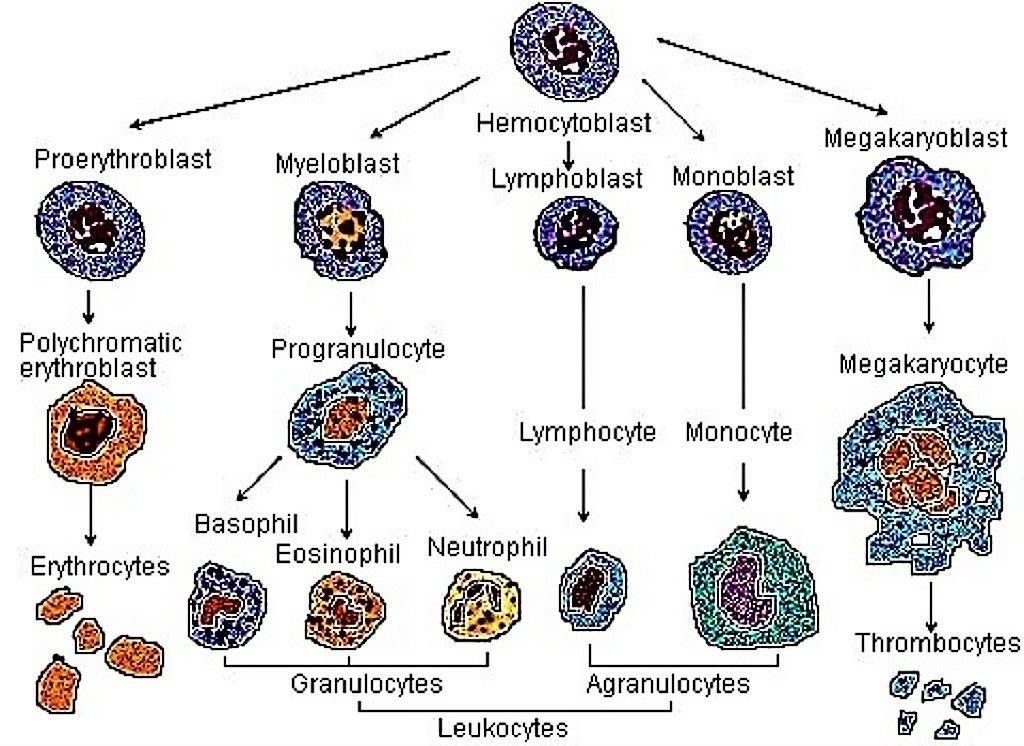
HEMATOPOIESIS – FORMATION OF BLOOD CELLS
HEMATOPOIESIS - THE FORMATION OF BLOOD CELLS Hematopoiesis is the production, Development and the maturation of various cellular components of the blood The cellular components of blood are developed from the Hematopoietic stem cells also known as Pluripotent Stem cells or totipotent stem cells which further differentiate and mature into ...
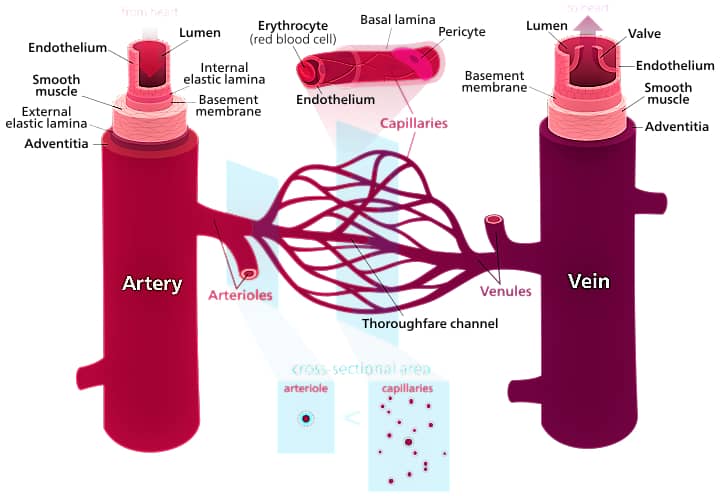
FUNCTIONS OF BLOOD AND BLOOD CELLS
FUNCTIONS OF BLOOD ⇒ Blood acts as an oxygen carrier from lungs to the body tissues for metabolic activities. ⇒ It carries back CO2 and waste products to remove through excretory organs – Lungs, Kidney, and Skin. ⇒ Blood supplies nutrients to all parts of the body. ⇒ It transports ...
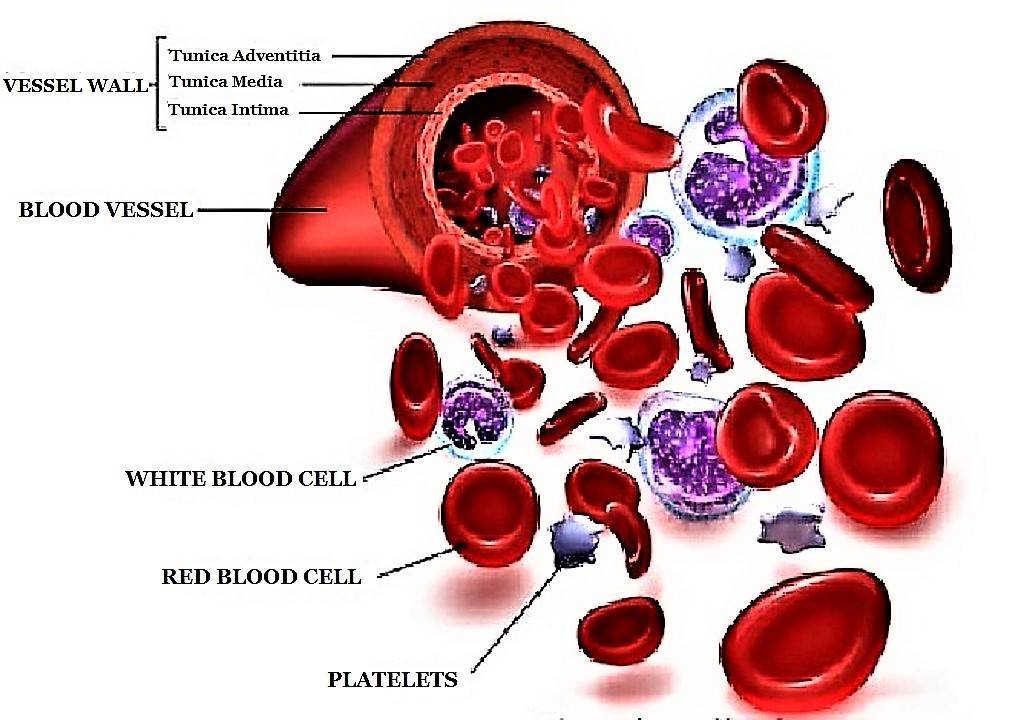
COMPOSITION OF BLOOD
COMPOSITION OF BLOOD - TYPES OF BLOOD CELLS When an anticoagulated sample of blood is allowed to stand in a narrow tube, on settling it separates into two major components – The cellular part – Blood cells or corpuscles. The fluid part – Blood plasma. The cellular component also called ...